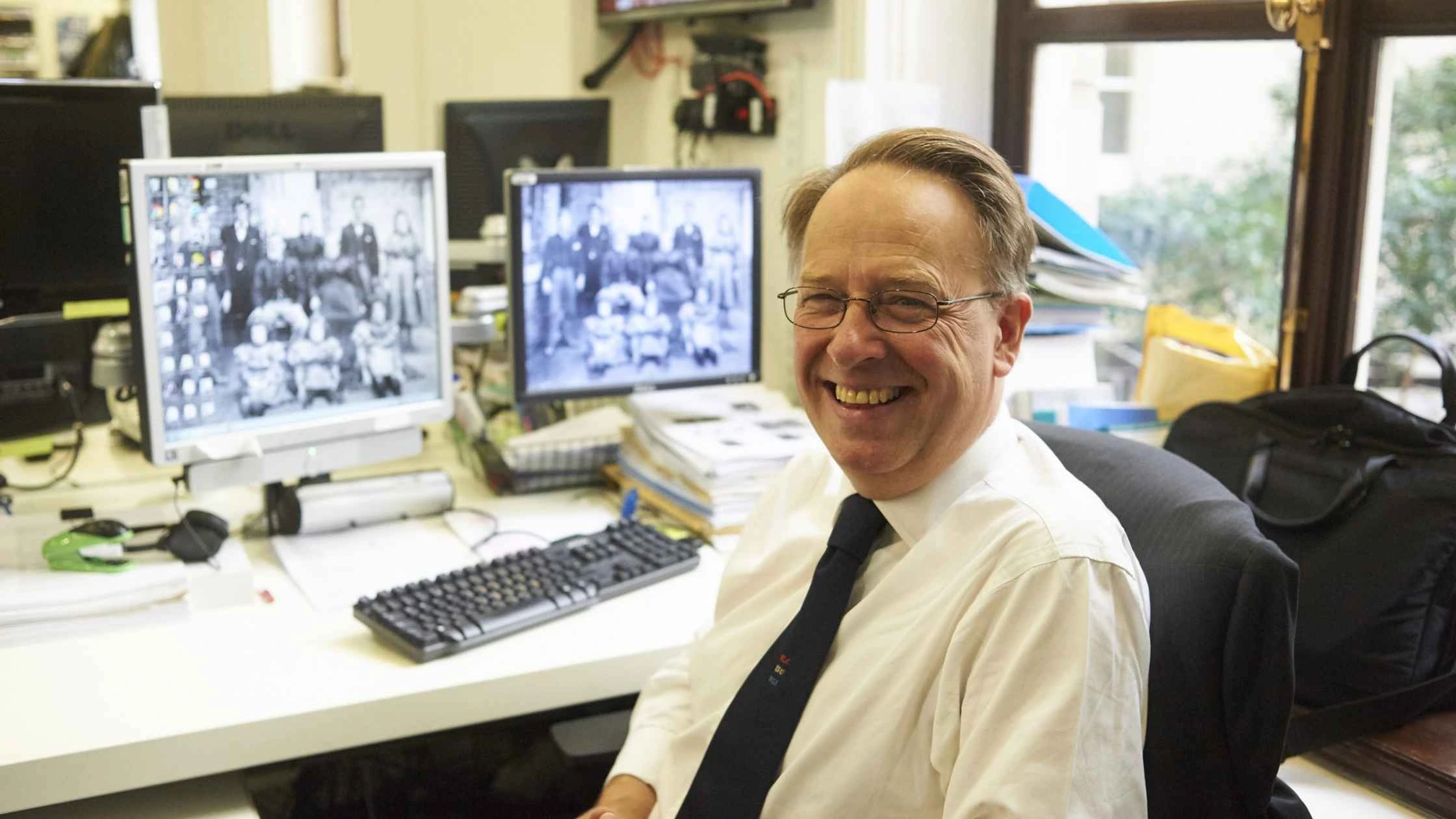Michael Crick’s ‘Tomorrow’s MPs’ Project focuses on making the process of choosing parliamentary candidates more open and thorough for the 2024 election.
Started in June 2022, it mainly uses Twitter to share and analyze how political parties pick their candidates.
With over 35,000 followers, it exposes the hidden ways parties choose candidates, questioning their control, diversity, and representation.
Crick’s work highlights the need for political parties to be accountable and for the next MPs to represent a wider range of people.
Mechanics of the Project
Michael Crick mainly follows parliamentary candidates on his Twitter account, @TomorrowsMPs, which he started in June 2022.
He uses this account to watch and study how political parties choose their candidates for the 2024 general election.
Crick wants to make these elections more open by sharing updates and insights about candidates and how much control political parties have over choosing local candidates.
He also uses reports and interviews from other sources to get a complete picture of what’s happening.
This way, he attracts over 35,000 followers and helps more people understand and question how candidates are chosen in the UK.
Lifting the Veil on Candidate Selections
Political parties often keep their candidate selection processes secret, which can make it hard for people to trust them and understand if the candidates truly represent the voters.
Michael Crick’s “Tomorrow’s MPs’ Project” works to fix this by closely monitoring and explaining how different parties choose their candidates.
Through updates on Twitter, Crick shares information about candidates and their nomination processes, making it clearer and more transparent.

Impact on Political Discourse
The “‘Tomorrow’s MPs’ Project'”, led by Michael Crick, makes it harder for candidates to get into parliament by closely watching them.
This makes candidates more careful and honest because they know they’re being checked. They try harder to be ethical and open because of this.
This also stops bad behavior and makes candidates think more about the people they represent, knowing their past will be seen by the public.
Crick’s project not only makes sure candidates are good but also helps create a better political world where future MPs know they need to be honest and serve the public well.
Diversity in Politics
Michael Crick’s project, “Tomorrow’s MPs,” focuses on monitoring how women and ethnic minorities are represented in choosing candidates for parliamentary elections.
It looks at candidates’ backgrounds to point out any unfairness and push for more diverse political parties.
Crick believes it’s crucial for future MPs to mirror society’s diversity, correcting past neglect of marginalized groups.
He shares updates on social media like Twitter to spread the word and motivate political parties to choose candidates more fairly, aiming for a UK politics that better represents everyone.
The Role of Social Media in Political Audits
Michael Crick uses Twitter to quickly share updates and talk about choosing candidates for elections, focusing on the “‘Tomorrow’s MPs’ Project”.
This lets him quickly share information and start conversations about candidates, making politics more open and understandable.
By using Twitter, Crick can quickly point out important trends and issues, affecting how people see politics.
As people follow his tweets, they learn more about politics, which can change their views on candidates.
Criticism and Controversy Surrounding the Project
Michael Crick has been criticized on the basis of bias, especially about his project on future MPs.
Some people believe that when he interacts with some of the candidates he may appear to be partial, which is an injustice to those candidates competing for a given position.
This is the point Crick disagrees with, I have always been as impartial as possible he says adding that there are times he moved out of outlets he considered to be biased.
That is why he thinks it is necessary to be extremely cautious in order not to stop reporting only the truth, especially if politics are sharply divided.
His critics say that tactless attitude is required to counterbalance media biases and to put conservative political reporters on notice.
Notable Candidates Highlighted
The “’Tomorrow’s MPs’ Project” which tracks crucial personalities, telling us about their backgrounds and what may be in store in the future of politics.
For instance, it highlighted “Faiza Shaheem” who could not contest for the Chingford and Woodford Green seat because of her perceived opposition to Palestinian rights.
Her replacement “Shama Tatler” is considered as more moderate, thus there are tendencies towards more balanced candidates selection.
Crick’s review gives insight into how local factors may sometimes interfere with the selection of the most qualified candidates, and need to go beyond the candidates.
This focus on candidates also put into doubt how political parties function, who they represent, and the state of democracy in the United Kingdom.
The “’Tomorrow’s MPs’ Project” by Michael Crick has as its intention of making politics more honest.
It employs operating systems such as twitter to engage people, assists the voters and in turn forces political parties to be genuine in their dealings.

